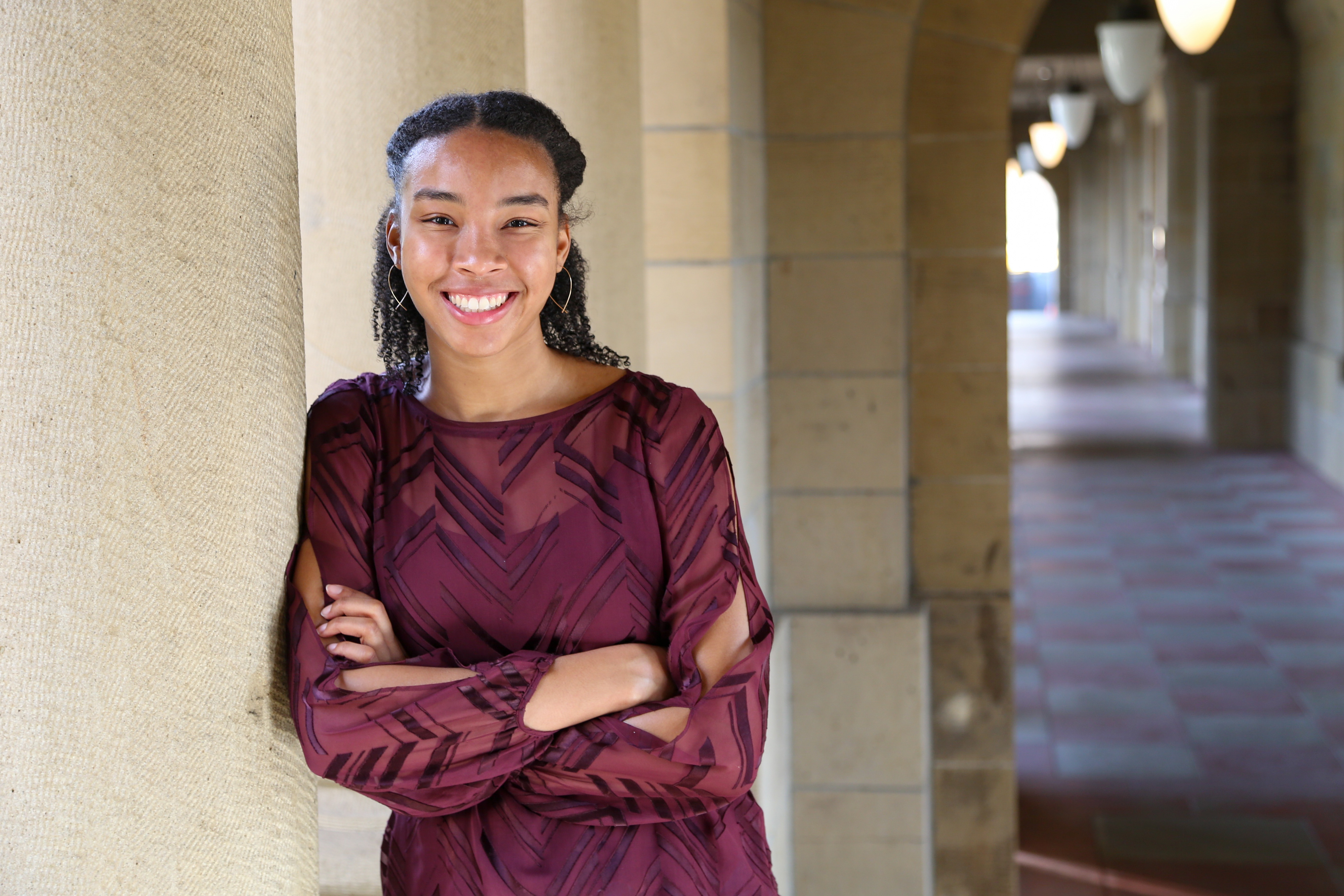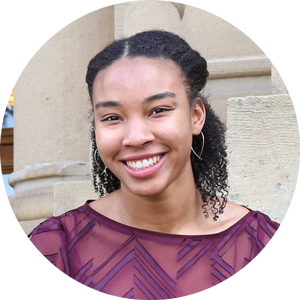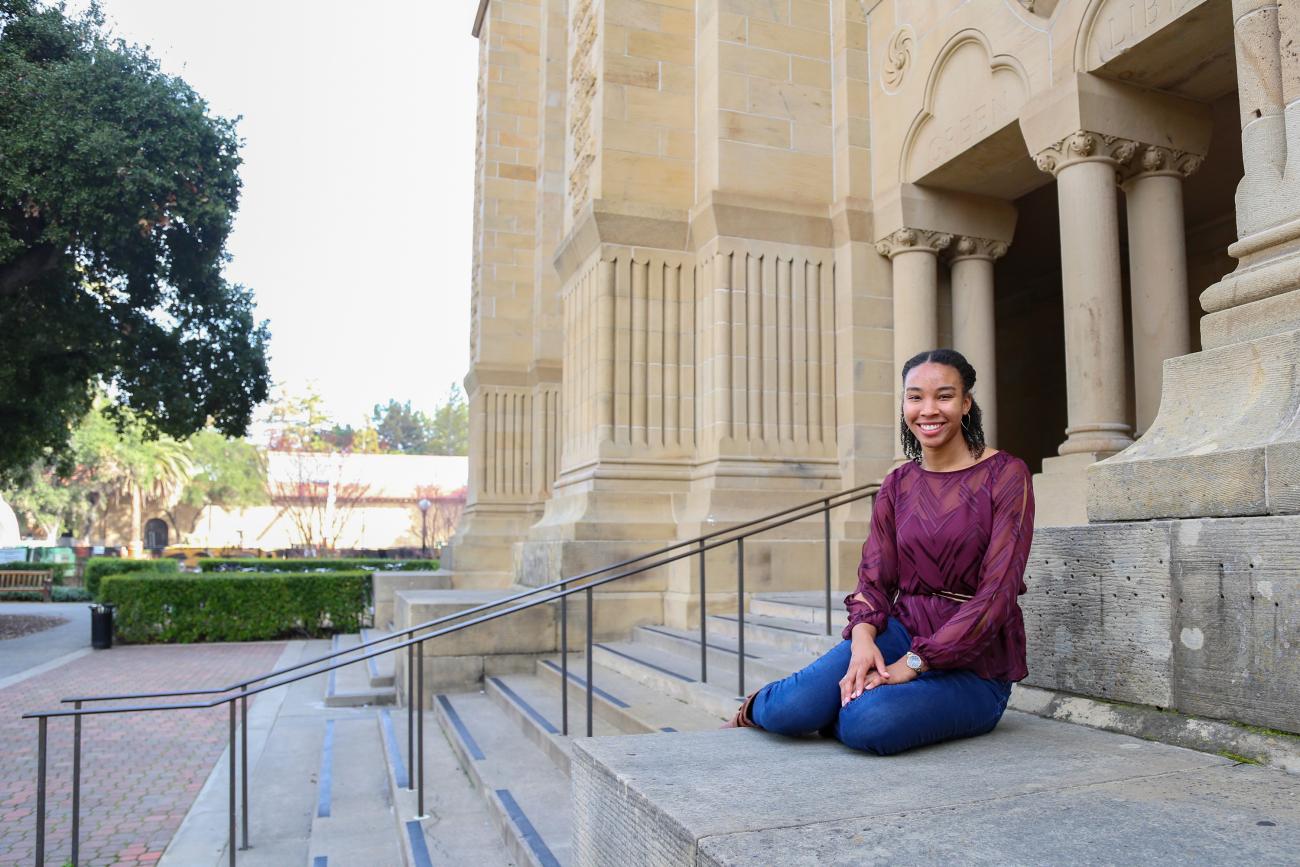
Carrie Moore
You’re more than halfway through STEP-Secondary. How would you describe the experience?
Being in STEP has pushed me in ways I would never have anticipated before arriving. Because students here balance theory with practice, we are constantly reconciling what we believe education should be with what happens in our own classrooms. Being in STEP forces me to be highly reflective. I don’t just think about being the best teacher you can be; I have to show up as that teacher every day. STEP holds me accountable to that process, and it’s been such a rewarding program for me.
How would you describe the other STEP students?
The students in STEP come from a variety of backgrounds and are generally curious about the issues arising in the educational world. Through my classes with my peers, I’ve heard them ask questions and consider their own beliefs — they are unafraid to change their personal philosophies when confronted with new theories. Moreover, my peers are such well-rounded people. The STEP students are teachers, to be sure, but they are also chefs, dancers, writers, musicians — an entire group of people with multi-faceted identities.
What led you to choose Stanford as the place to learn to be a teacher?
I felt Stanford’s commitment to education when I arrived on Admit Day. The faculty members recognized my name from my application, and I truly felt that I was already member of a community, rather than one of several applicants. I was also drawn to the one-year program, which would allow me to build up the time management and stamina needed to survive the teaching profession. We’re busy people here! Still, this make me feel confident about my first year of teaching because of the rigorous nature of this program.
What were you doing prior to applying to the GSE?
Prior to applying to Stanford, I was finishing up my honors thesis and creative portfolio at the University of Southern California. I was also planning a road trip through the Pacific Northwest with my family.

Where do you hope to be in five years?
In five years, I hope to be a “teacher leader” in a school that embraces diversity and creativity. In the classroom, I want to push my students towards thinking critically about race and gender in America, while helping them become better readers and writers.
What advice do you have for students who are trying to decide whether to attend STEP?
Ask yourself: Do I truly want to be the best teacher I can be? You’ll never participate in a more rigorous, rewarding program that will stretch you to your limits. Being in STEP is such a year of personal growth, and Stanford gives you the emotional, theoretical, and community resources to help you carve out a lifelong career in teaching.
Any other thoughts you’d like to share?
When teaching, I truly believe that it’s important to take care of yourself. (Otherwise, how can you take care of students?) When I’m not teaching, I enjoy creative writing, cooking gourmet meals, and planning international trips! These pursuits not only keep me sane, but they help me model for my students how to be a complete person outside of the classroom.
This interview was conducted via email in February 2016.

